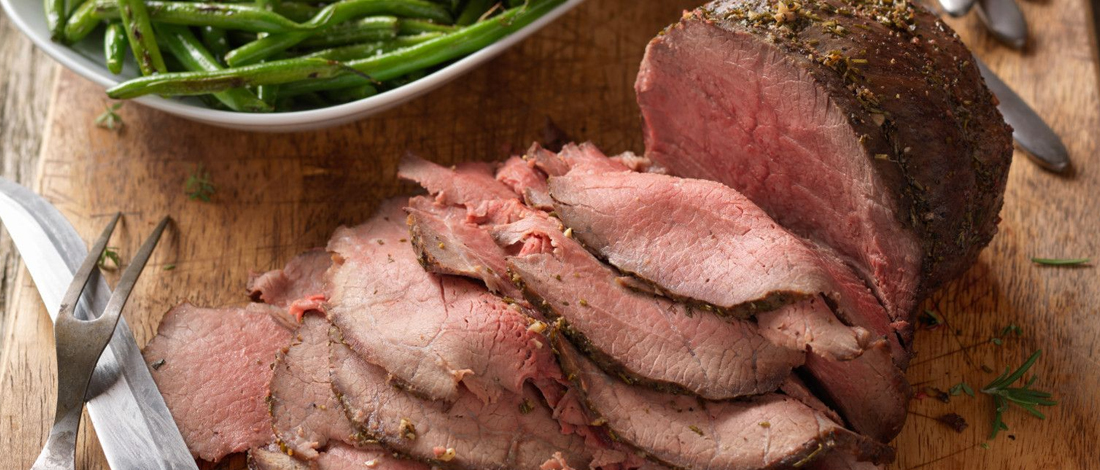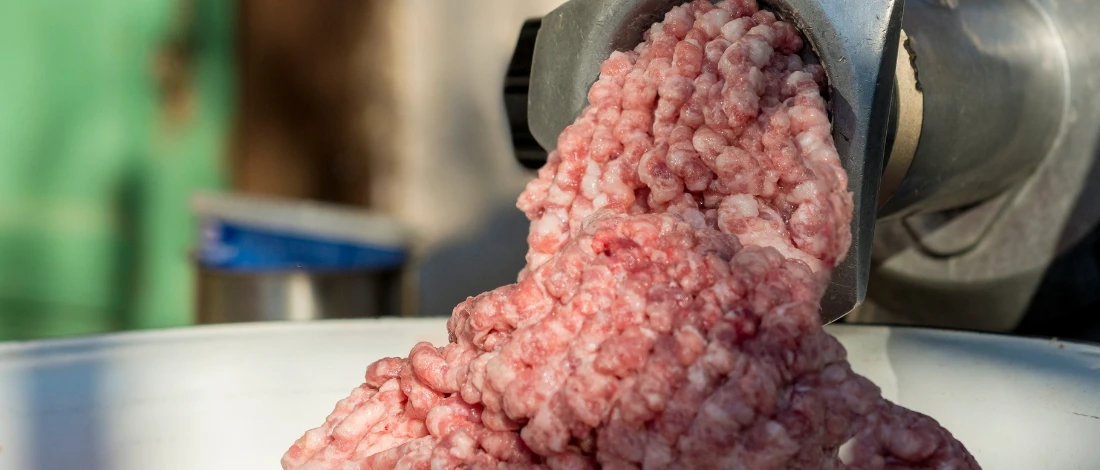What a Meat-Only ‘Carnivore Diet’ Does to Your Body
The “carnivore diet” has been gaining popularity on social media, where followers rave about its potential health benefits.
This diet consists entirely—or almost entirely—of animal products such as beef steaks, lamb chops, and roast chicken while avoiding all plant-based foods.
But what happens to the body when you cut out all plants? Let’s explore.
Why Go Carnivore?
To understand why some people turn to the carnivore diet, it helps to look at its origins in the broader low-carb movement.
For years, conventional medical wisdom has recommended limiting meat intake in favor of starchy carbs like bread and rice.
The reasoning behind this advice is that fat, especially saturated fat from animal products, can raise cholesterol levels and lead to heart attacks.
However, the low-carb approach suggests that “the driving force behind our food choices should be how they affect our ‘metabolic health’,” which can impact conditions like type 2 diabetes.
Those with this form of diabetes often have trouble responding to insulin, and low-carb diets aim to prevent blood sugar spikes by reducing carbohydrates, thus lowering the risk of serious health issues like heart attacks and blindness.
For many, going low-carb means swapping starchy foods for protein and fat, usually from meat, eggs, and dairy.
While the standard low-carb diet still includes some plant-based foods, such as non-starchy vegetables and berries, the carnivore diet takes things further by eliminating all plant matter.
Health Claims and Concerns
Supporters of the carnivore diet tout a wide range of health benefits, from improved mental health to better gut function and clearer skin.
“The number of conditions people are solving is really quite astounding,” says Olivia Khwaja, who runs a carnivore community for Dr. Anthony Chaffee.
Yet, not all experts are convinced. “We should probably be wary of anyone saying that a certain diet or lifestyle habit could be a miracle cure for everything that ails us,” warns Professor Gunter Kuhnle from the University of Reading.
Similarly, Tracy Parker from the British Heart Foundation notes that while losing weight may improve conditions like diabetes, “these diets are very extreme so they come with certain health risks.”
One of the main concerns is the high intake of saturated fats, which could “clog people’s arteries and trigger heart attacks.” In fact, a U.S. study found that carnivores had raised levels of bad cholesterol, though other heart-health markers improved.
Lack of Fibre and Other Risks
Another key issue with the carnivore diet is the lack of fiber, found in plant-based foods, which helps with digestion.
Priya Tew of Dietitian UK warns that missing out on fiber can lead to constipation. More alarmingly, “eating excessive red meat and processed meat like sausages raises the risk of colon cancer,” according to health organizations like the NHS and World Health Organization.
Despite these warnings, some carnivores report feeling better than ever. For example, Olivia Khwaja says she hasn’t noticed any negative health effects and feels “better than she ever has” since adopting the diet.
While her cholesterol levels haven’t been tested, her blood sugar and blood pressure results have been excellent.
Is Carnivorism the Future?
Is the carnivore diet the future of healthy eating, or is it a risky trend? It may be too soon to tell. Experts recommend that anyone considering the carnivore diet consult a healthcare professional.
As Priya Tew advises, “People should be aware that while these diets can work for one person, that’s just one person. We don’t know what the impact on the body will be in 10 years’ time.”
In the end, the carnivore diet remains a polarizing topic, with enthusiastic supporters on one side and cautious experts on the other.
For more insights on meat-based diets and their effects, visit our homepage.






